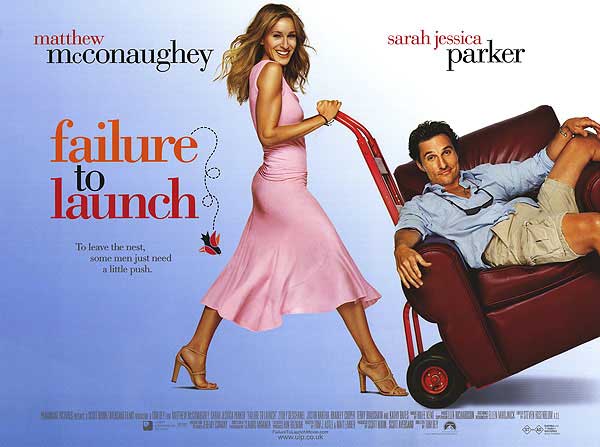The least well-documented economic hurdle facing young americans
By:
Joblessness, student debt, and living at home with mom and dad have been well documented economic hurdles facing young Americans; flat wages, however, have not. According to a recent report from the San Francisco Federal Reserve, the starting salaries of college graduates have remained virtually flat since 2007 while the outlook is even grimmer for high school graduates. In 1979, they earned 77 cents on a college graduate's dollar; today they earn just 62 cents. Why, then, is the national discussion not focused on earnings?
One reason might be that living at home with mom and dad is a pop-culturally satirized trend, well exhibited by Hollywood movies such as "Wedding Crashers" and "Failure to Launch" (where Vince Vaughan and Matthew Mcconaughey play mature adults who must endure the pangs of living under the same roof as their parents). But, as The Atlantic reports, it turns out that college graduates' home dwelling phenomenon is not that unique to the current generation. And to the extent that it may be nominally greater, it is primarily a result of wage stagnation. If millennials received better pay, they would save money quicker and move out sooner.

While reports about student loan debt are a critical indicator of Millennial financial health (or the lack thereof), escalating college costs have little to do with wage stagnation either. So why is pay so low for America's youth?
With job opportunities scarce, employers feel little pressure to raise wages--especially for good jobs. Simply put, they can get away it. As the San Francisco Fed states, management, business, and finance jobs have seen the lowest earnings growth of all--only 2.6% since 2007. The rise of ultra-competitive, frequently unpaid internships has also contributed to the problem. As a result of the Great Recession, multiple years of college graduates who would have ordinarily been quickly employable are still competing with each other, and the senior population is also working longer giving shrinking retirement accounts and growing medical costs. As Jeffrey Sonnefeld, an associate dean and professor at Yale, indicated: "research has found that [seniors] who can work less, but those with more engaging jobs and more discretion in their daily routines, are the ones more eager to continue working." Perhaps these seniors are trying to evade boredom, or perhaps employers don't want to pay for the training of new workers if they have older ones still willing to perform.

Regardless, the confluence of these factors have created a troubling economic pattern, which is a topic for greater policy consideration and invigorated national attention. One step in the right direction might be to raise the minimum wage, which some data shows will increase the earnings of everyone. Another good step would be to abolish unpaid internships. And a final might be a new federal stimulus program entirely. Above all, more readily available jobs will force employers to lift wages to entice great talent for their positions.
